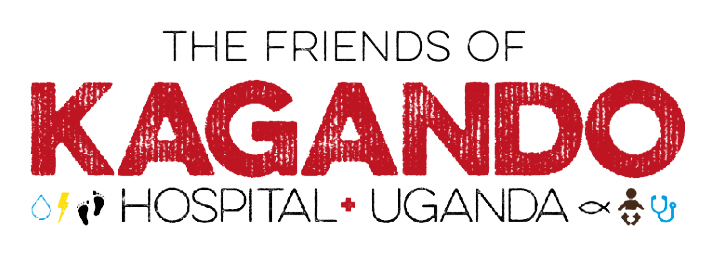The Limb Workshop
Keen to support this project, Kagando Hospital recently appointed Ronald, a technician who has trained in both prosthetics and orthotics at the main hospital in Kampala. The Kagando Prosthetic Workshop was then officially opened on 28th January this year, where Ronald has already started to treat patients and produce prostheses.
Patients are assessed, cast, and the prostheses manufactured by Ronald on site. He uses a GRADIA laser alignment system to ensure the correct bench alignment of the prostheses, and can also be used to align both transfemoral prostheses and orthoses. As well as prosthetics, the centre also provides specialist seating, footwear for Leprosy patients, and in the future is hoping to develop an orthotic clinic.
Patient Success
Uganda has a relatively young population, with many amputees being children who have been born with congenital deformities that are not commonly found in the UK. One particular case has stuck in my mind of a young five-year-old boy whose mother bought him to one of the rural outreach clinics run by the rehabilitation team. He had managed to get a prosthesis when he was three, but this was now too small and the patient was unable to walk due to the discomfort of the socket. Also at some point, the prosthesis has been repaired using part of a tree to replace the shin and foot.
It was a positive experience to work with Ronald to assess the child and know that he was to be invited to the Prosthetic Centre at Kagando to receive a new prosthesis. The Kagando Prosthetic Service although only operational for a few weeks, is already making a difference to people’s lives.
A Huge Thanks and Future Support
Friends of Kagando are very grateful to the Rotary Club for the funding of the centre, and Kagando Hospital is now responsible for all costs going forward. This includes Ronald’s monthly salary and the cost of each new prosthesis. On average, a below-knee prosthesis costs them £58 to produce, and an above-knee prosthesis £89, with each device intended to last approximately five years.
The hope is that each patient would pay for their prosthesis which would make the service self-sustainable, but unfortunately with the level of poverty in Uganda it is unlikely that many patients will be able to afford the full cost. This presents an ongoing challenge for the hospital.
If you would like to receive updates on the service at Kagando Hospital, or would like to know how you could support the prosthetic centre, please contact me via:
Gradia.prosthetics@gmail.com
Want to find out more about Friends of Kagando? Visit their website:
